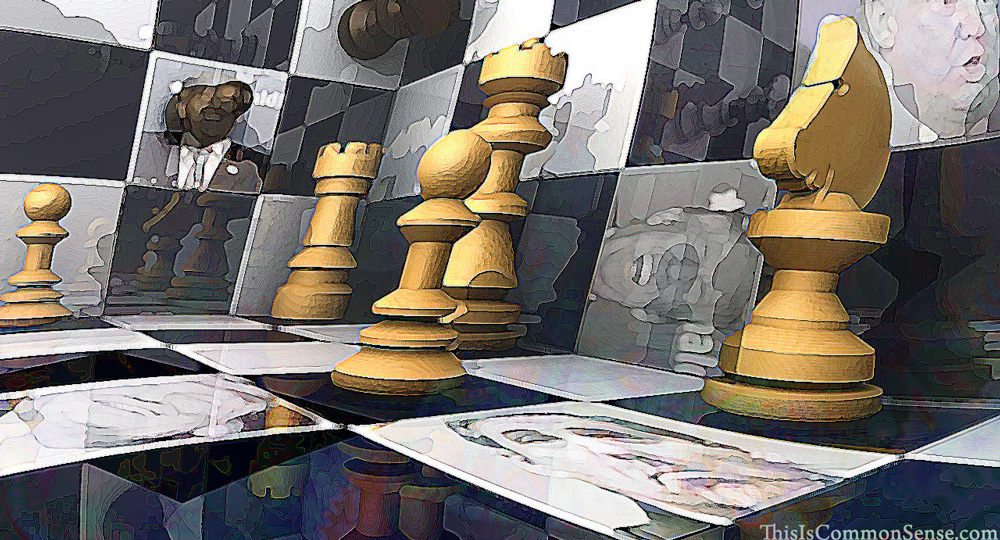The whole “Russia conspiracy” charge, relentlessly picked at and hyped since Donald Trump’s election in 2016 — and, more relevantly, since Hillary Clinton’s loss — suggests that Trump’s an evil mastermind. The infamous “dossier” that included tales of Russian harlots in a suite Barack Obama stayed in, suggests that Trump’s something of a madman as well as a narcissist.
Trump’s former fixer, Michael Cohen, Esq., in his testimony before Congress, has called Trump a racist, con-man and cheat. Cohen has publicly confessed his many grievous sins and technical crimes, re: bribery of hookers, etc., and generally repented of having served as the Evil Trump’s minion. Cohen has pleased Democrats by relentlessly castigating the president’s character, Igor finking on Frankenstein.
One important take-away, however, is that the biggest charge against Mr. Trump appears untrue. Cohen did not go to Prague to meet with Russians to advance some nefarious business-cum-political deal.
So this is the end?
Sure looks like it, but I am waiting for someone to notice that Cohen’s testimony could be a ruse.
Were Trump truly an evil mastermind, he would have figured that the only way to convince his enemies was to have the testimony of his innocence come from someone who hates him, who says all the right things against him.
In this scenario, Cohen still plays thrall to Trump. He has delivered the poison pill in the sweetest chewable form: his own public defection from Trump.
Is this psyop what’s going on?
Probably not.
But if one sees Trump as both an evil mastermind and a crummy, petty narcissist bordering on buffoon, then what would you believe? Were you right all along … but completely played?
This is Common Sense. I’m Paul Jacob.

See all recent commentary
(simplified and organized)
See recent popular posts

